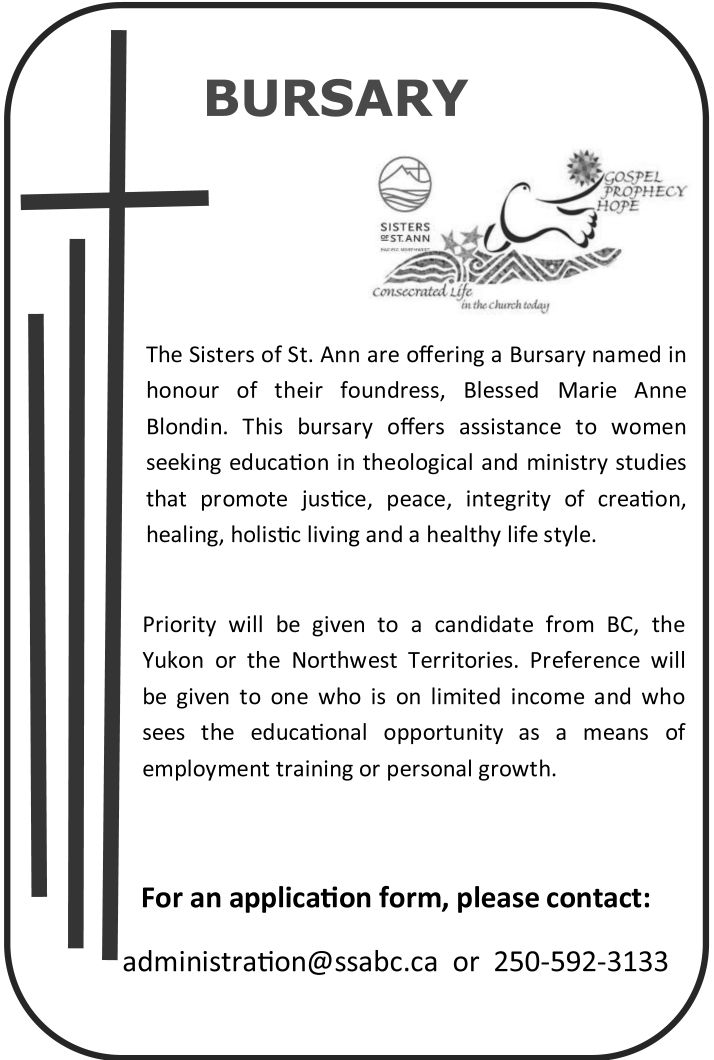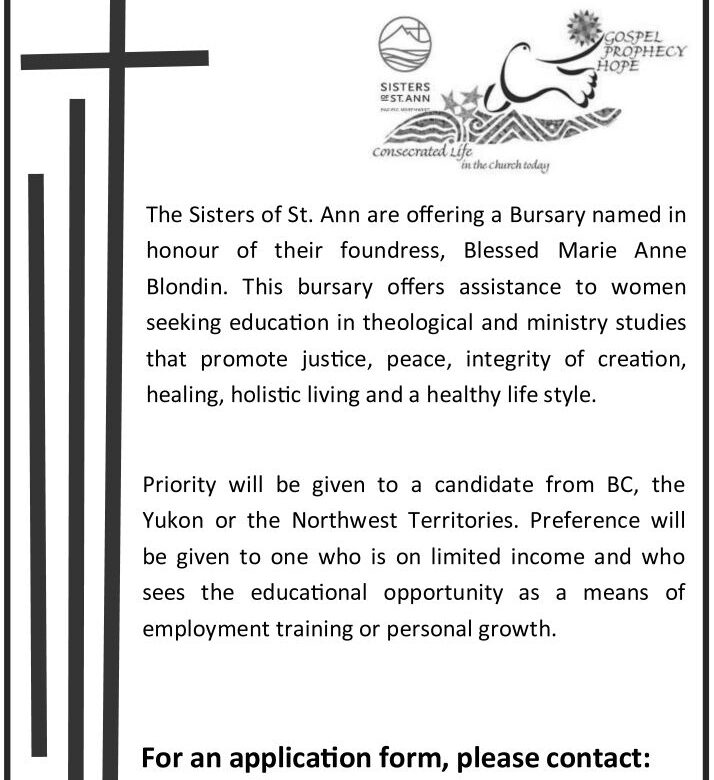Main Feature
Reborn at Vatican II, 92-year-old Bishop Still Full of Fervour
Glen Argan, Excerpted from the June 15, 2016 edition of Western Catholic Reporter
Volume 30 Issue 7, 8 & 9 | Posted: October 10, 2016

EDMONTON (CCN) — Fifty-four years after being named a bishop, Bishop Remi De Roo is still selling the merits of the Second Vatican Council. At age 92, his travel schedule is slowing down, but is far from drawing to a halt.
“I speak on the council wherever I’m invited to go,” De Roo said in an interview during a recent trip to Edmonton to visit his longtime friend and co-author of several books, Douglas Roche. At the end of the hour-and-a-half interview, the bishop is still going strong, showing no signs of fatigue or any desire to draw the conversation to a close.
He’s lectured on Vatican II on several continents, made close friends in China and still gives a couple of lectures a year on the council which changed the church.
EDMONTON (CCN) — Fifty-four years after being named a bishop, Bishop Remi De Roo is still selling the merits of the Second Vatican Council. At age 92, his travel schedule is slowing down, but is far from drawing to a halt.
“I speak on the council wherever I’m invited to go,” De Roo said in an interview during a recent trip to Edmonton to visit his longtime friend and co-author of several books, Douglas Roche. At the end of the hour-and-a-half interview, the bishop is still going strong, showing no signs of fatigue or any desire to draw the conversation to a close.
He’s lectured on Vatican II on several continents, made close friends in China and still gives a couple of lectures a year on the council which changed the church.
De Roo should know. He was ordained a bishop in October 1962 at the ripe old age of 38 and is one of only a handful of bishops still living who attended all four council sessions.
The travel is exhausting, but it makes life meaningful, he said.
“I don’t mind getting up at 3 a.m. to catch an early flight if I’m doing something meaningful,” he continued. “There’s always time to catch up on sleep, but there’s not enough time to speak about Vatican II.”
That De Roo is focused on Vatican II might be a surprise to some. His chief claim to national fame is that he was the chair of the Canadian bishops’ Social Affairs Commission when it issued its controversial Ethical Reflections on the Economic Crisis at New Year’s in 1983.
Ethical Reflections drew national headlines for months and sparked fevered debate across Canada with even then prime minister Pierre Trudeau weighing in against the statement.
De Roo recalls the bishops’ objecting to Trudeau’s policy of wrestling inflation to the ground. “We stood up and said, ‘Inflation is not the problem; unemployment is the biggest problem.’ ”
For De Roo, however, the Ethical Reflections statement was but one way of living out the Vatican II vision.
That vision is, quite simply, the vision of the Gospel. Every previous church council had a negative agenda of combating heresies and meting out appropriate punishments.
Vatican II had a positive agenda; “it was a pause in history” during which the church reflected on how to live out the Gospel, how to respond to the promptings of the Holy Spirit.
That job is never complete, and Vatican II was not a four-year junket before everyone went home to let life return to normal. So, De Roo stays on the lecture circuit.
“We should re-examine ourselves as to whether we’re taking the Gospel seriously,” he said. “There are no pat answers or simple solutions to that.”
All are invited “to ask what am I doing individually and what are we doing as communities in our respective parishes and faith groups.”
The first point of renewal which De Roo raised in the interview was, perhaps surprisingly, marriage. Gaudium et Spes — the council’s Pastoral Constitution on the Church in the Modern World — “lays out a beautiful charter for the majority of human beings which is to enter a permanent covenant of life and love.”
The sacrament of marriage is not simply a church ritual, he said. “The celebration in the church is the public manifestation of the couple’s intent to spend their lives together.”
Marriage is an irrevocable gift of self by both partners shown in the mental and physical sharing of life. It is more than an institution. The partners give the sacrament to each other, day by day, year by year. “The physical gift constitutes the sacrament.”
Another contribution of the council, De Roo said, was its “reclaiming” the biblical understanding of the church as the People of God. Even today, Vatican insiders resist using the term because it implies that all the baptized are equal.
In the 1920s and 1930s, Pope Pius XI promoted lay involvement in the church through various movements of Catholic Action. Those movements were understood as lay participation in the hierarchical apostolate of the bishops. “It was all centred on the bishops.”
But as early as 1946, Pope Pius XII stated that the laity must become aware that they are the church. “Even today,” De Roo said, “we talk about the church as though it were something separate from us.”
Vatican II, however, taught that the first priesthood is the priesthood of the baptized. The ministerial priesthood has more responsibility, but that responsibility is to provide order in the church so that the variety of gifts of all the baptized can be expressed more freely.
De Roo continues on through a list of other fruits of the council — that it was a liturgical event and an ecumenical event, that it condemned modern warfare, that Catholic songwriters began to use the Bible as the inspiration for their music, and that it opened the door to greater involvement by women in the church.
If the council has not been fully implemented, it is because western society has become too rich and comfortable, too soaked in individualism.
However, De Roo said he remains optimistic about implementing the council. He has seen “countless groups” trying to live out Vatican II, such as through the pursuit of peace and justice, marching for human rights, promoting the dignity and equality of women, and going to developing nations to perform simple tasks such as digging wells.
“You could make a litany of things that are being done. But they don’t get headlines.”
Yet when asked about the declining rate of church attendance, he responds, “My focus is not primarily on numbers. The real issue here is the quality of our discipleship. In what ways are we living the Gospel?”
 De Roo’s heroes include St. John XXIII who called the council and Pope Francis who is “living out the vision we had in mind in Vatican II.”
De Roo’s heroes include St. John XXIII who called the council and Pope Francis who is “living out the vision we had in mind in Vatican II.”
“I’m trying to sound a wakeup call to all believers — Christian or non-Christian alike — to reclaim that vision of Pope John XXIII and to enter into the renewed program to which Pope Francis invites us and which he has illustrated by his way of life.”
That vision is one of personal humility and a church which must accept its own frailty. “Jesus was not a Hollywood star. He was a simple person; he lived a very simple life. He lived with the down and out.
“So, why should we be surprised we’re not getting the Hollywood acclaim? We’re pilgrims with a pilgrim saviour.”
Glen Argan, Excerpted from the June 15, 2016 edition of Western Catholic Reporter

